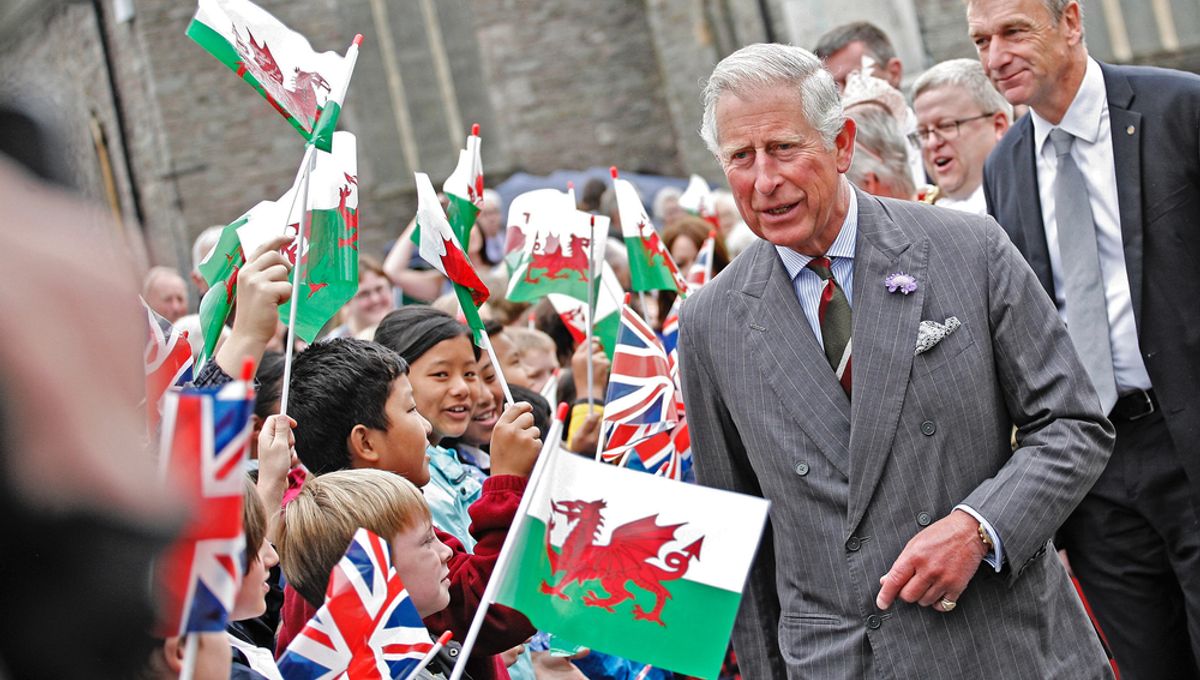
Whether you love or loathe the UK monarchy, it should bring a glimmer of reassurance that the newly appointed King is an outspoken environmentalist who’s continually pushed for sustainability and climate action over the past five decades.
It’s debatable whether this passion will actually result in hard policy change. After all, the UK monarchy holds no official executive political power despite their big shiny crowns.
However, the ardent environmentalism of King Charles III could be a much-needed force against Liz Truss, the newly appointed UK Prime Minister who has ties to the fossil fuel industry and has already announced the ban on fracking will be lifted.
King Charles’ environmental track record goes back over 50 years. As far back as 1970, he was delivering public speeches that rallied against pollution and environmental destruction.
“We are faced at this moment with the horrifying effects of pollution in all its cancerous forms. There is the growing menace of oil pollution at sea, which almost destroys beaches and certainly destroys tens of thousands of seabirds,” he said in a speech to the Countryside Steering Committee for Wales in February 1970.
“There is chemical pollution discharged into rivers from factories and chemical plants, which clogs up the rivers with toxic substances and adds to the filth in the seas. There is air pollution from smoke and fumes discharged by factories and from gases pumped out by endless cars and aeroplanes,” he added.
More recently, he delivered a speech at the Opening Ceremony of the COP26 climate conference in Glasgow last year in which he urged world leaders to “rescue this precious planet” from human-driven climate change.
“The COVID-19 pandemic has shown us just how devastating a global, cross-border threat can be. Climate change and biodiversity loss are no different – in fact, they pose an even greater existential threat, to the extent that we have to put ourselves on what might be called a war-like footing,” he told the crowd.
He has also taken many steps personally to live in a more sustainable way, primarily through powering his home and office with green energy. He does, however, still use private jets to hop between England and Scotland.
His tenure as Prince of Wales also saw him become a patron of numerous charities and initiatives that have promoted sustainability. Although, in his first public address as king, he noted that “it will no longer be possible for me to give so much of my time and energies to the charities and issues for which I care so deeply”.
While the UK monarch has no executive power to dictate public policy, King Charles has previously attracted criticism for meddling in political affairs – particularly in regard to the environment.
Between 2004 and 2009, he sent dozens of “black spider” letters to UK government ministers in which he requested action from the government on the environment and other issues. Unless the monarchy wants another scandal on its hands, this kind of behavior will no doubt be reigned in.
It’s also worth remembering that King Charles will not be calling any of the shots (at least not directly). That job will be given to Prime Minister Liz Truss whose first week in office has already seen her announce a lifting of the fracking ban.
Truss, who used to work for Shell and received a campaign donation of £100,000 from the wife of an ex-BP executive, is also set to announce dozens of new North Sea oil and gas exploration licenses.
Another leading figure in the new UK government is Jacob Rees-Mogg, the business and energy secretary, who has previously spoken of extracting “every last drop” of North Sea oil and blamed “climate alarmism” for high energy prices.
It’s unclear how King Charles’ soft power could be used against this latest cohort of hard-line politicians, but he may just be one of the last voices of power left in the UK with a genuine desire to avert the deepening climate crisis.
Source Link: The Green King? King Charles' Long History Of Environmentalism Could Be Vital